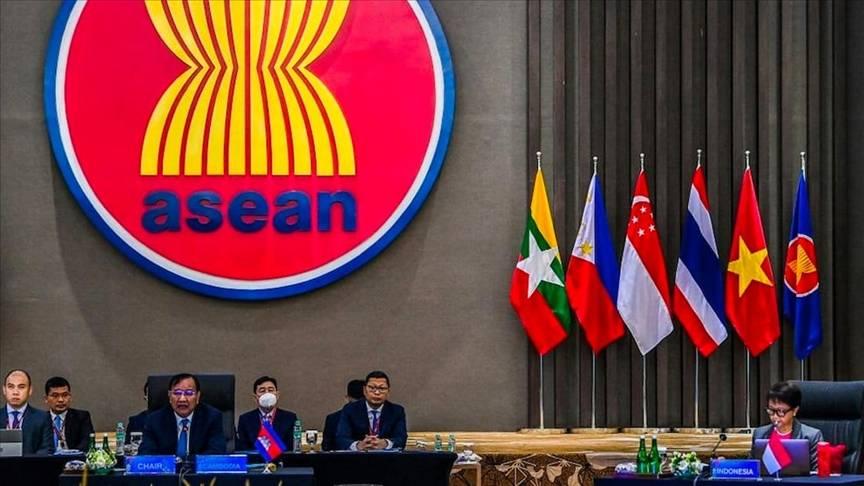The Association of Southeast Asian Nations (ASEAN) has expressed deep concern about the escalating civil war in Myanmar. The conflict reached a peak when anti-military fighters took control of a strategic city on the border with Thailand. In a statement issued by the foreign ministers of ASEAN member countries, they urged all parties to stop the violence immediately, exercise restraint, respect international humanitarian law, and protect civilians.
The ruling military in Myanmar has suffered setbacks in border areas with China and Thailand, sparking intense fighting. The military recently withdrew from the strategic city of Myawaddy on the Thai border but battles continue nearby. Thailand has increased its military presence on the border and warned against any violation of its territory.
Myanmar has been embroiled in a violent civil conflict since the 2021 coup against the government of Aung San Suu Kyi. Despite repeated calls from ASEAN for a peaceful solution, the crisis remains unresolved. The fighting has intensified in recent months, with ethnic minority groups and anti-military fighters carrying out attacks in various areas.
The United Nations has raised concerns about the escalating violence in Myanmar, particularly in Rakhine State, where civilians are at risk. The UN has called on influential countries to prevent further atrocities against vulnerable populations. A UN Human Rights Commissioner emphasized the need to avoid repeating past atrocities.
ASEAN has excluded Myanmar from summits and meetings since October 2021, but high-level discussions have taken place to address the crisis. The association’s exit plan includes dialogue with all parties involved, but progress has been slow. Aung San Suu Kyi remains in prison, serving a lengthy sentence.
The conflict in Myanmar has resulted in thousands of civilian casualties since 2021, according to local monitoring groups


